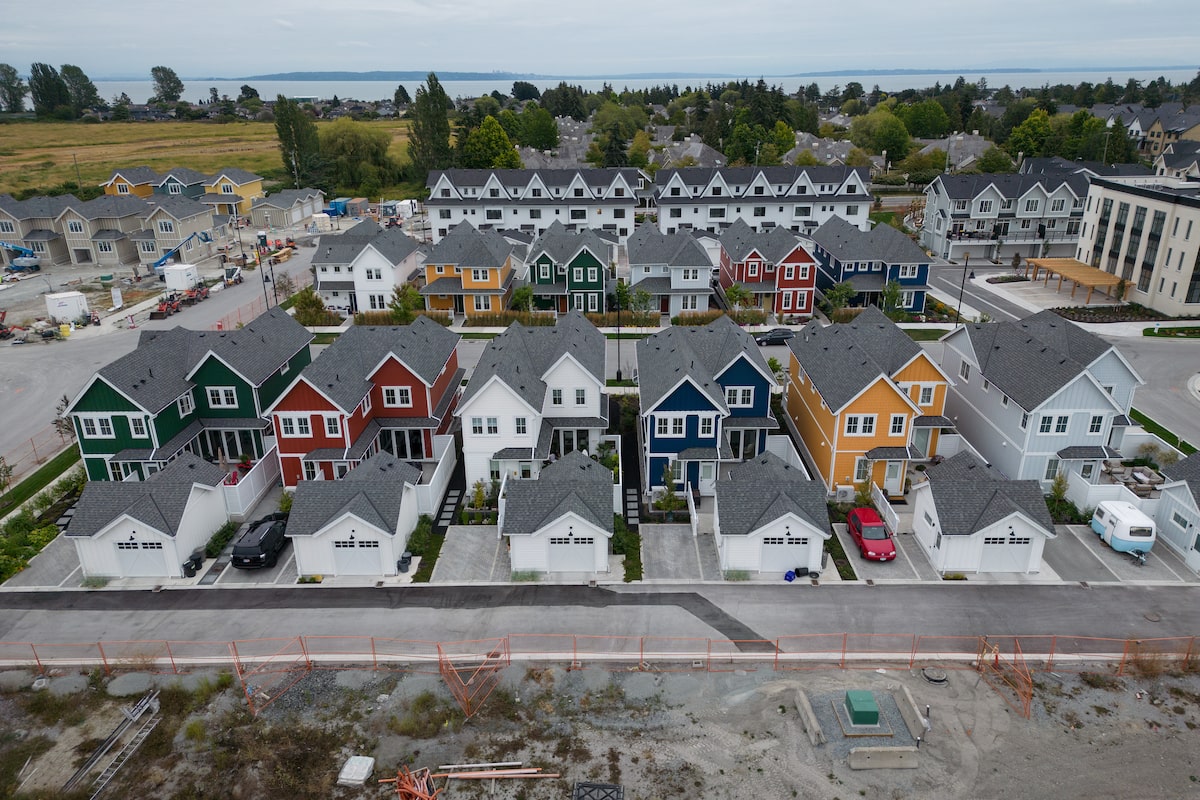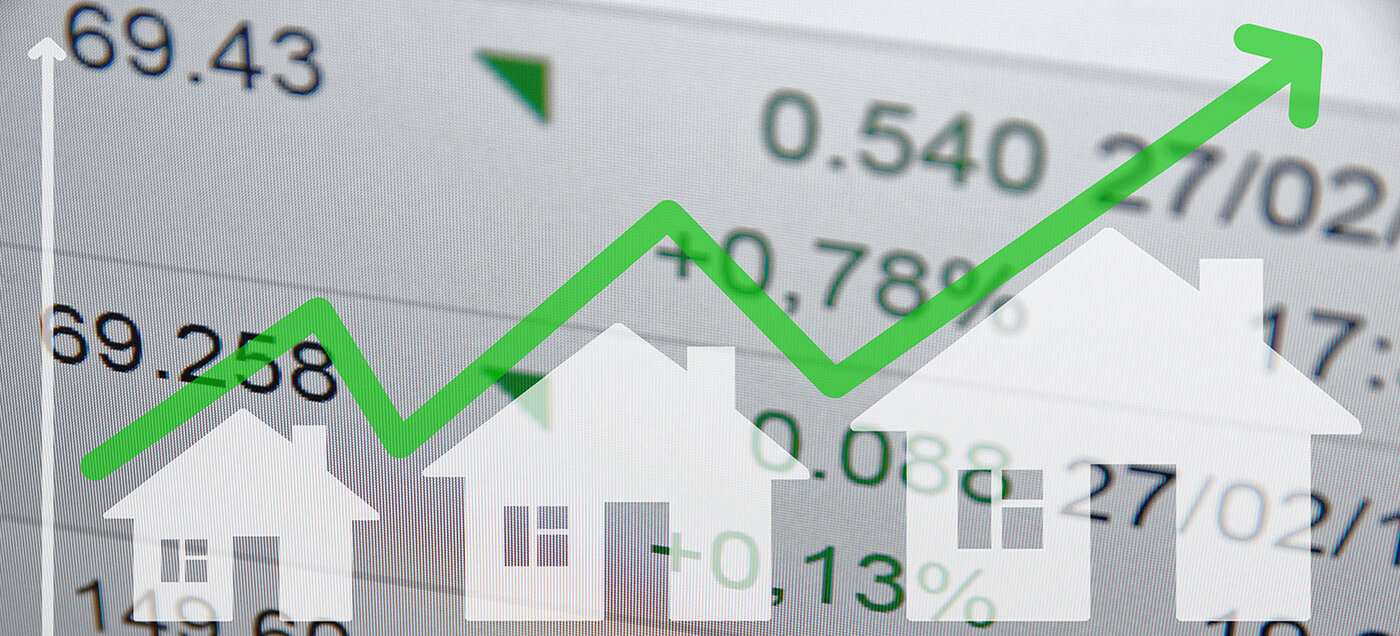T
he Canadian real estate market is experiencing a correction, with average home prices about 15 per cent off their peak nationally. This decline should prompt Canadians to reevaluate their faith in housing as an infallible financial asset. The market hasn't collapsed, but some of the hottest areas, including Toronto and Vancouver, are struggling, and condo sales have plummeted.
"It's like every generation has to learn the hard way," said Mike Moffatt, an economist and founding director of the Missing Middle Initiative. "The last Canadian housing bust lasted nearly a decade, but memories are short." Starting in the early 2000s, Canadian housing prices skyrocketed fivefold, converting many Canadians into real estate evangelists who poured their savings into the market.
The market's incredible resilience over two decades reinforced a speculative mindset toward housing. Unlike the US, Canada dodged the global financial crisis, and its housing market became one of the world's most overpriced. However, as predictions of its demise didn't come true, Canadians were seduced by the potential fortunes in real estate.
While owning a home has many benefits, such as security and forced savings, it's not a strong investment case. Since 1980, the average Canadian house has risen at an annualized pace of 5.5 per cent, compared to the S&P/TSX Composite Index's return of 8.9 per cent. In dollar terms, a $100,000 investment in the stock market would be worth $4.8-million today, while the same amount invested in housing would be worth $1.1-million.
Real estate transactions are also laden with fees and commissions, whereas a broad stock market index fund can be owned virtually for free. The point is not to advocate for stock investing over owning a home but to acknowledge that viewing property through an investment lens was always flawed and problematic. It encouraged people to overspend on housing, forsake other investments, and rely too heavily on home equity for retirement funding.
"A house can be a wonderful thing, but it's not the surefire investment it once appeared to be," said Rob McLister, a mortgage strategist. The retirement risk facing many Canadians is a serious concern if real estate performance doesn't meet their expectations.














